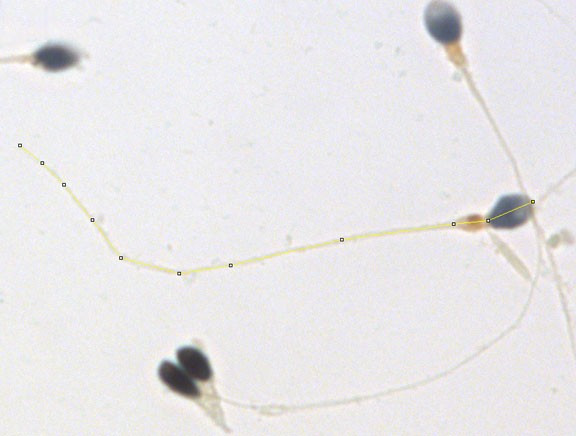Diet can mutate father's sperm and ultimately impact offspring shows mice study

Two mice studies have shown that a father's diet affects the level of specific small RNAs in his sperm, which can ultimately result in gene mutations for his children.
These results add to the growing list of ways in which a man's lifestyle could affect his offspring.
The first study, led by Qi Chen at the University Of Nevada School Of Medicine, involved fertilising mice ovum with sperm extracted from male mice who had been fed a high-fat diet (HFD) and a group of males on a normal diet (ND).
They found that after seven weeks the young mice who had been sired by father with an HFD developed impaired glucose tolerance and insulin resistance – which became even more severe after 15 weeks.
Furthermore, the HFD offspring had "significantly higher blood glucose and insulin levels". The results go to show that RNAs from sperm of HFD males contained the coding which brought on glucose intolerance. However, they didn't contain information to induce insulin resistance.
The second study, led by Upasna Sharma, examined whether the sperm of mice who were placed on a low protein (LP) diet experienced changes in their RNA levels. They found that "small RNAs from immature sperm in the testis did not correlate with dietary effects; yet, sequencing of small RNA in mature sperm in the epididymus revealed great expression of certain RNAs."
They then isolated said RNAs in the LP mice and found high levels of an RNA known as tRNA-Gly-GCC which "suppresses a subset of genes, including a gene that contributes to the plasticity of mouse embryonic stem cells," according to the study published in sciencemag.org.
© Copyright IBTimes 2025. All rights reserved.






















